Pride Month, long a time for corporate support of the LGBTQ+ community, has taken on a different tone in 2025.
As the political landscape shifts, many companies are scaling back public displays of support amid growing concerns about federal scrutiny and consumer backlash — a trend that critics and analysts alike attribute in part to actions taken by the Trump administration.
According to a report by Gravity Research, nearly 40% of corporate executives surveyed say they plan to reduce their Pride-related activities this year. Of those, a majority cited pressure from President Donald Trump’s administration as a key factor.
On his return to the White House earlier this year, President Trump issued a series of executive orders aimed at curbing Diversity, Equity, and Inclusion (DEI) initiatives in both the private and public sectors. Critics, including LGBTQ+ advocacy groups, argue that the administration’s actions have created a chilling effect, causing companies to fear potential investigations or loss of federal contracts if they continue robust Pride celebrations.
Jeremy Tedesco, senior counsel at the conservative legal group Alliance Defending Freedom, believes that many companies see Pride Month as a “performative act” and are now less willing to risk regulatory scrutiny.
“Companies are viewing this as a legitimate risk at this point,” he said.
Streaming services provide a visible indicator of the broader shift. This June, only Hulu and Peacock prominently featured Pride-themed banners or collections on their homepages, though others like Netflix and HBO Max have maintained curated LGBTQ+ collections, often visible based on user viewing patterns. Paramount+ and Tubi said they have Pride-related content planned, while some major platforms like Disney+, Apple TV+, and Prime Video have remained quiet.
Corporate sponsorships of Pride events have also declined. Major celebrations in cities like New York and San Francisco are facing steep budget gaps, with some sponsors citing a need to comply with newly issued federal guidelines. Heritage of Pride, the group behind NYC Pride, is reportedly short $750,000. In St. Louis, Anheuser-Busch withdrew support for PrideFest after decades of sponsorship, a decision likely influenced by backlash to its prior association with a transgender influencer.
In Washington, DC, this year’s host of World Pride, several high-profile sponsors have pulled out, including Booz Allen Hamilton, which cited compliance with federal orders. The Kennedy Center canceled its Pride programming, drawing criticism from local LGBTQ+ groups.
Polling shows that public sentiment is mixed. Many Americans remain skeptical of corporate involvement in Pride Month, suspecting that such efforts are more about profit than principle. While some progressive groups are disappointed by the retreat, others see the development as a sign of evolving consumer and political dynamics.
Luke Hartig, president of Gravity Research, summarized the situation:
“Companies are under increasing pressure not to engage and speak out on issues. The right has learned how to exert influence, and it’s causing a real shift.”
The conversation now centers on how businesses navigate a politically divided environment, with some activists calling for corporate neutrality on polarizing issues. Others, like Eric Bloem of the Human Rights Campaign, argue that abandoning public support in the face of political pressure undermines credibility and trust.
Axios and the Telegraph contributed to this report.

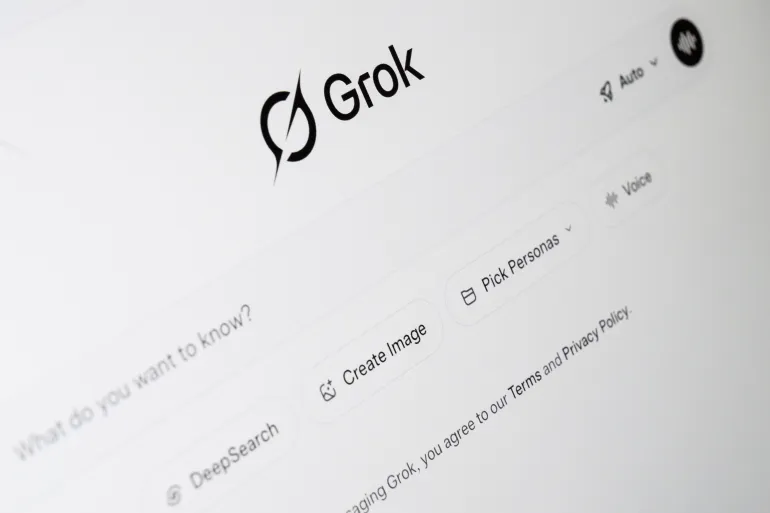
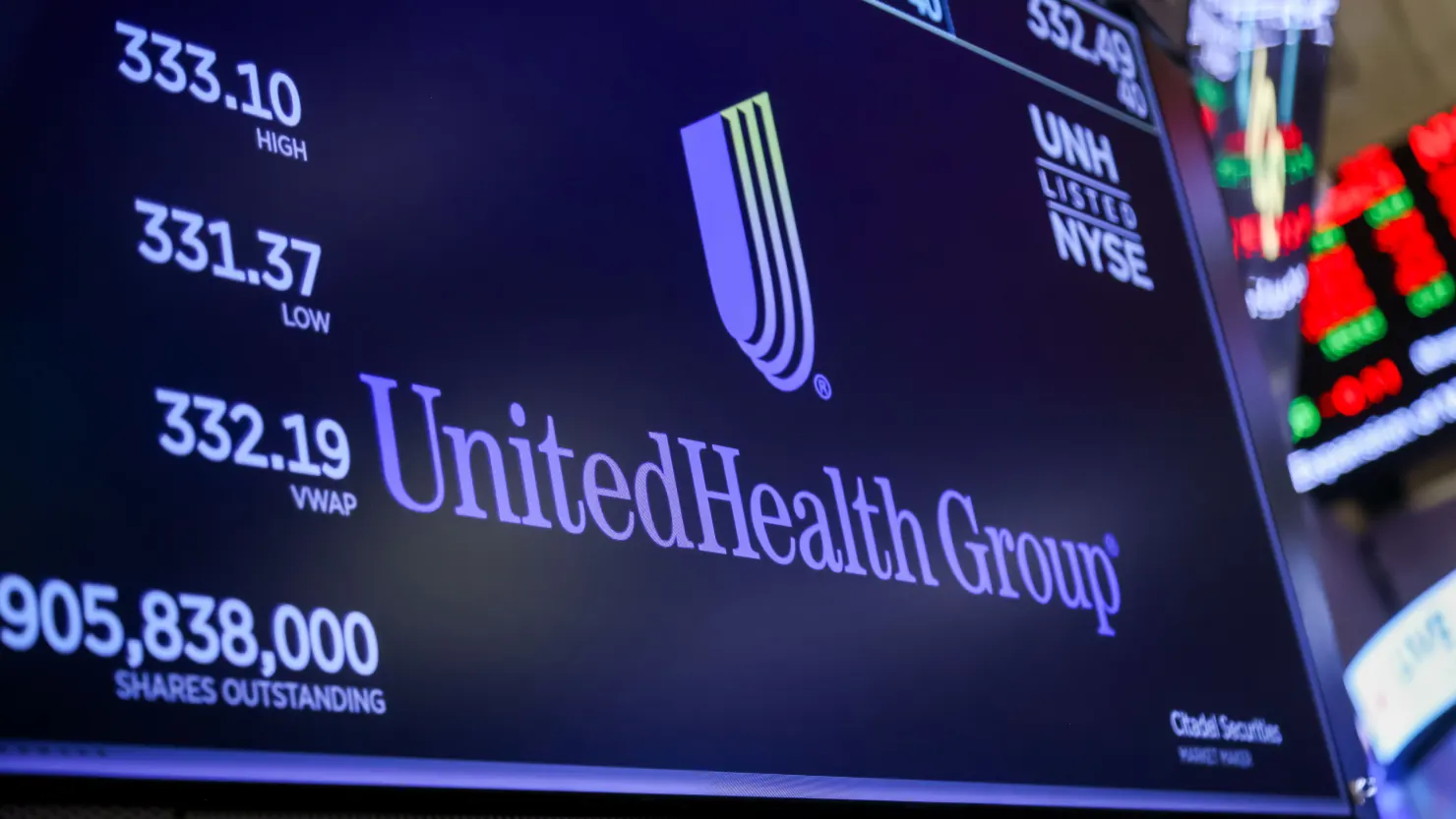
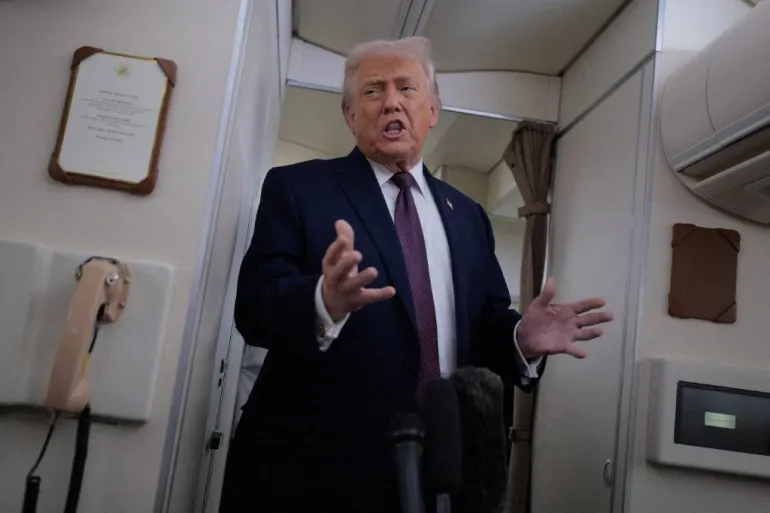
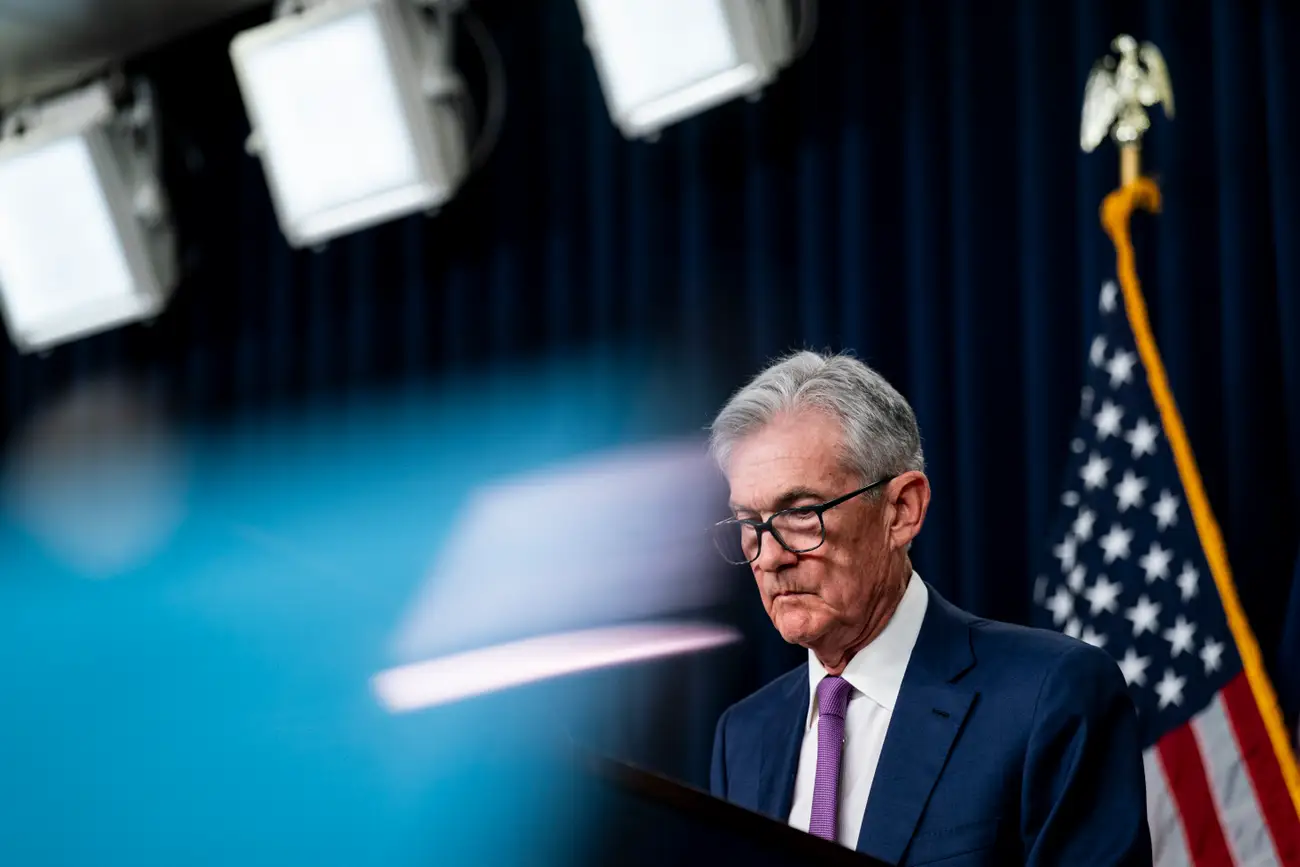
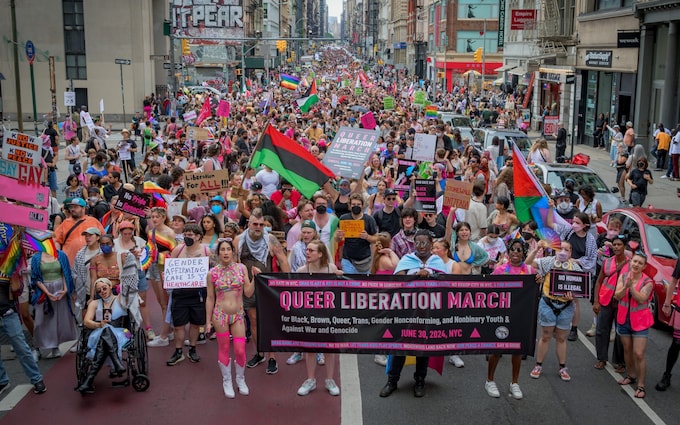




The latest news in your social feeds
Subscribe to our social media platforms to stay tuned